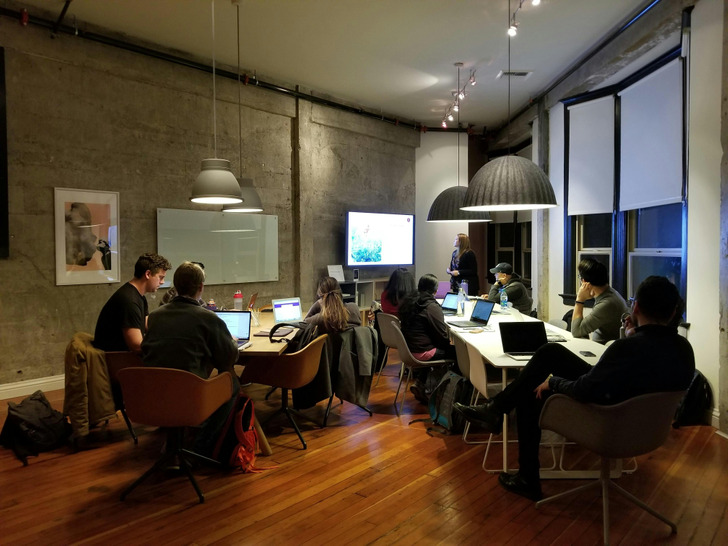Instead of unloading on this woman about recordings, how about showing a little support. There's too much information missing to make a judgement call against either one. Plus, HR is wrong to take a recording over a mediation that could unearth truth.
I Reported My Childfree Coworker to HR, She Kept Shaming Me for Having Kids
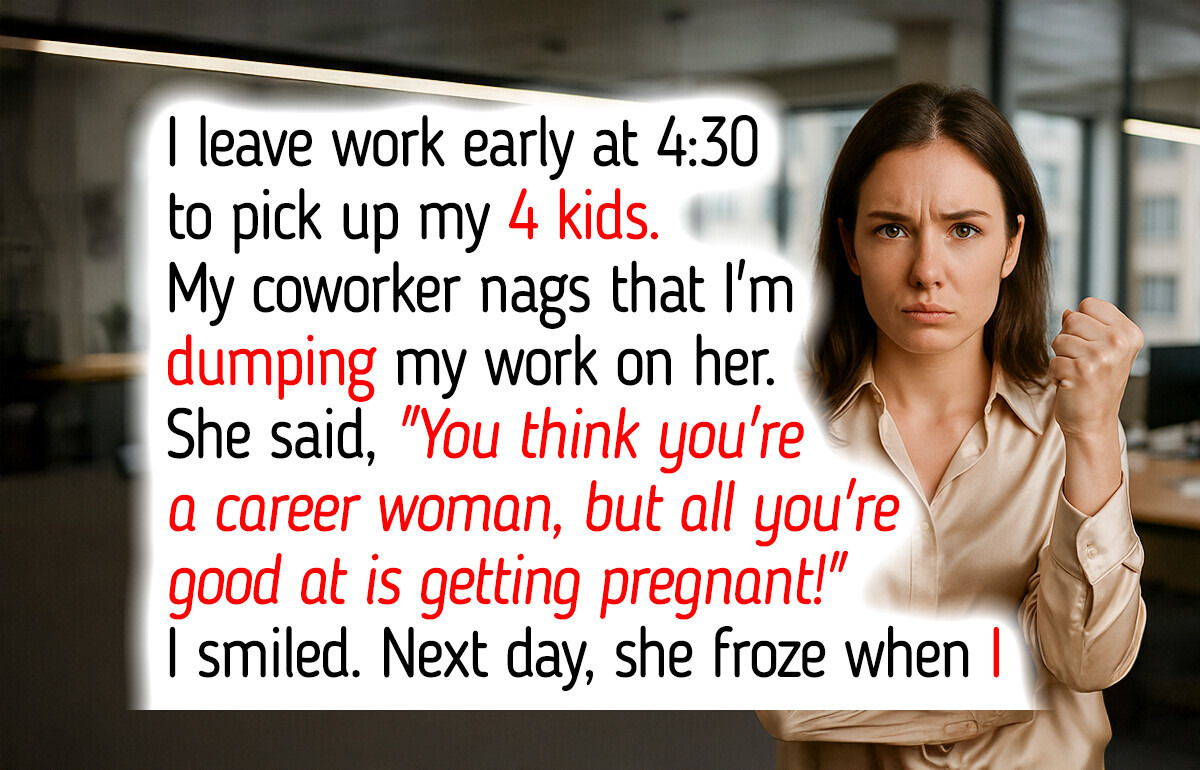
Life often puts us in tough situations where work, family, and personal struggles collide, leaving us unsure if we made the right choice. These moments spark questions about fairness, respect, and empathy at work and at home. Recently, a reader shared her story with Bright Side about facing exactly this kind of challenge.
Amanda’s letter:
Hi Bright Side,
My name is Amanda. I’m 29 and had 4 kids and work at a consulting firm full-time.
Every day, I leave work early at 4:30 to pick up my four kids from school. My coworker Liz, who is childfree, nags that I’m dumping my work on her and calls me “School Bus.” Yesterday, she said, “You think you’re a career woman, but all you’re good at is getting pregnant! Stay at home if you want a big family!”
I smirked. I didn’t say anything, but I had been recording her. I’ve had enough of her words to me, and I had decided to click on my phone recorder when she started talking to me. The next day, without telling any of our other colleagues, I went to HR.
I made them hear Liz’s words and told them that I cannot continue working with such a person.
I went back to my desk, and Liz started to make her usual comments about my big family. Then she froze when I revealed the recording to her and said that HR wanted to see her.
Once she came back, she started begging me after having known that I had reported her and that she was going to be laid off. She said that she’s been taking care of her sick parents alone and that she desperately needs this work.
Now I feel bad that a coworker is going to be fired because of me. Do you think I went too far, or did I stand up for myself?
Yours,
Amanda
Hi Amanda! Thanks for reaching out and trusting us with your story. Here are a few pieces of advice we believe can guide you through this difficult moment.
Reframe the Guilt by Seeing the Full Picture

Amanda, it’s natural to feel guilty after hearing about Liz’s sick parents, but you need to remember something important: she didn’t just slip once—she made a habit of mocking your children, dismissing your career, and making your workplace hostile.
HR acted because of a pattern, not because of one moment of weakness. You didn’t “ruin” her job; Liz’s own words and choices did that. Remind yourself that standing up for your dignity isn’t cruelty—it’s protecting yourself.
Use the Recording as a Shield, Not a Sword
You were smart to record Liz—it gave you proof when you were being attacked. But now that HR is involved, you have a choice in how you frame it. If they ask for your input, you could tell them you’d accept alternatives, like sensitivity training, mediation, or a probationary period instead of firing.
That way, you aren’t the person who “cost Liz her job,” but the one who stood up for herself while still showing compassion. You hold the power to prove you wanted respect, not revenge.
Quietly Change the Narrative at Work

Life may not work out the way you hope and it can make you bitter. I believe half of what I hear. There may be parents or not. When you make arrangements to leave at a certain time, you usually come in early or work through lunch. You do not have the right to bully someone. You do not say anything there you would not care for HR to hear.
Amanda, people at work may start whispering now, and you deserve to make sure the story about you is the right one. Without sharing HR details, you can subtly highlight your professionalism: for example, by openly acknowledging that leaving at 4:30 means juggling school pick-ups with client duties, and then proving—through your results—that you’re still delivering.
Over time, “School Bus” will stop being a cruel nickname and instead become a reminder that you’re the woman who balances a big family and a demanding career with strength and competence.
Channel Empathy Into Something Bigger
If Liz is let go and you still feel heavy with guilt, Amanda, you can turn that feeling into something constructive. You could suggest to HR that the company create resources for employees with heavy caregiving responsibilities—whether that’s parents like you, or staff caring for sick relatives like Liz.
By doing this, you transform a painful conflict into real workplace change. It shows you didn’t just fight for yourself; you want a culture where struggles are met with support, not insults.
Despite the hardships life puts in our path, it’s worth remembering that kindness is humanity’s greatest gift. Take a look at our collection of heartwarming stories.
Comments
Related Reads
I Refuse to Follow Unfair Dress Code Rules at Work, and HR Blew Up
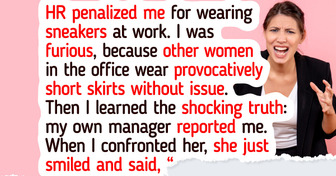
12 Plot Twists So Wild, They Could Make Hitchcock Rise Just to Applaud

10 Stories Where Kindness Made People Human Again
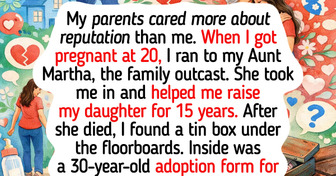
I Refused to Let My Boyfriend Discipline My Child—He’s Not His Real Dad
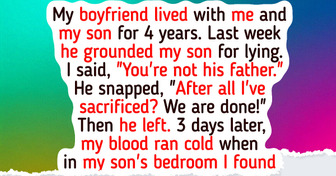
I Refused to Give Up My Baby, So My Mom Exposed a Terrible Secret
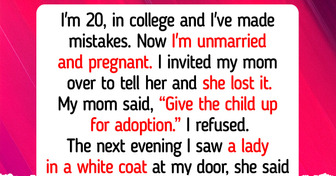
12 Moments That Prove Kindness Is Soft but Completely Unbreakable
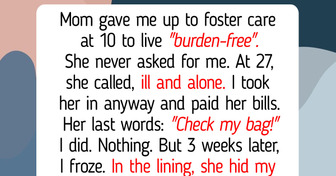
12 Stories That Prove Real Kindness Is About Actions, Not Words
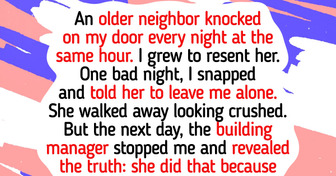
15 People Who Stay Kind Even When Their World Is Falling Apart
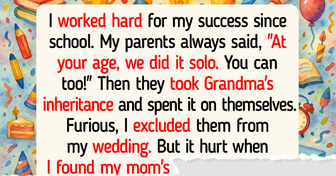
I Refused to Be Called the Office Villain by a Coworker Who Barely Works
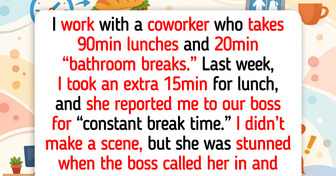
I Refuse to Let My MIL Be in My Life, So I Gave Her One Last Payback
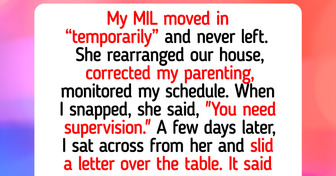
I Refused to Put My Health at Risk Because of My Job, Now HR Got Involved

12 Grandparents Who Prove They’re the Heart of a Family

